Sterilization
What is sterilization?
Want to make sure pregnancy is not in your future? Sterilization (sometimes called female sterilization, tubal ligation, or “getting your tubes tied”) is a safe and effective surgical procedure that permanently prevents pregnancy.
What are the types of sterilization?
There are a few different types of tubal sterilization procedures:
-
Tubal ligation is a surgical procedure that permanently closes, cuts, or removes pieces of your fallopian tubes.
-
Bilateral salpingectomy is a surgical procedure that removes your fallopian tubes entirely.
-
Essure sterilization is a tiny coil that a doctor puts in your fallopian tubes to block them — it used to be a common form of sterilization, but Essure is no longer available in the U.S.

How does sterilization work?
Every month, an egg leaves one of your ovaries (called ovulation). The egg moves through one of your fallopian tubes for a few days, waiting for sperm to fertilize it. Pregnancy happens if a sperm cell meets up with one of your eggs, and the fertilized egg implants in your uterus. When your fallopian tubes are blocked or removed after a sterilization procedure, sperm can't get to an egg and cause pregnancy.
During a sterilization procedure, you’re put to sleep so you won’t feel or remember anything. The doctor pumps gas into your belly so they can see your organs clearly. They make a small cut under your belly button and put a tiny camera inside your belly to find your fallopian tubes. Then they put a tool in through another small cut in your lower belly to close off your fallopian tubes. They’ll use heat, clips, or rings to seal your tubes shut, or remove your tubes altogether.
You still get your period after sterilization — you just can’t get pregnant because sperm can’t get to your eggs.
Is sterilization right for me?
Sterilization is permanent — you should only get sterilized if you’re totally sure you don’t want to be able to get pregnant for the rest of your life.
Sterilization may not be a good choice for you if:
-
There’s any chance you’ll want to get pregnant in the future.
-
You’re being pressured by your partner, friends, or family.
-
You hope sterilization will solve problems that may be temporary — like marriage or sexual issues, short-term mental or physical illnesses, or money problems.
It’s safe for most people to get sterilized. Your doctor will talk with you about your health and life to help you decide if sterilization is right for you.
Does sterilization protect against STDs?
Nope. Sterilization won’t protect you or your partners from sexually transmitted infections. Use condoms to help lower your chances of getting or spreading STDs.

 Abstinence
Abstinence
 Breastfeeding
Breastfeeding
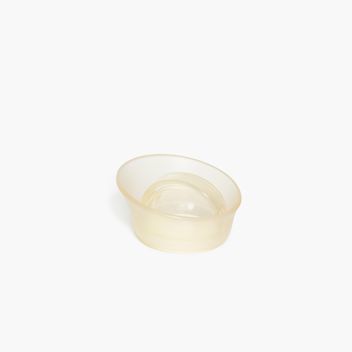 Cervical Cap
Cervical Cap
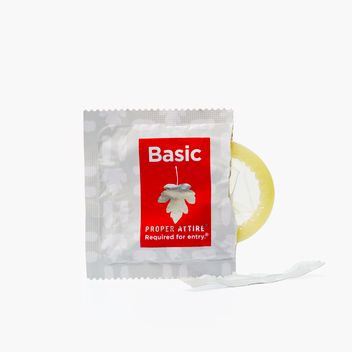 Condom
Condom
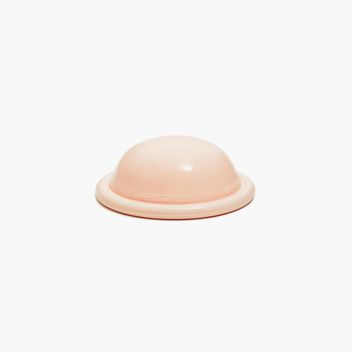 Diaphragm
Diaphragm
 FAM
FAM
 Female Condom
Female Condom
 Implant
Implant
 IUD
IUD
 The Patch
The Patch
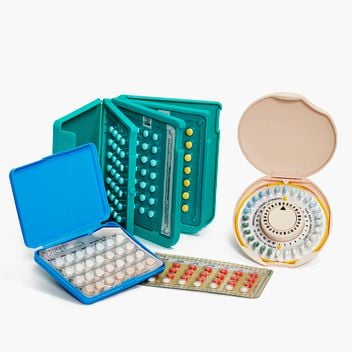 The Pill
The Pill
 The Ring
The Ring
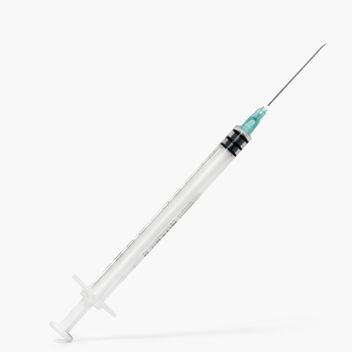 The Shot
The Shot
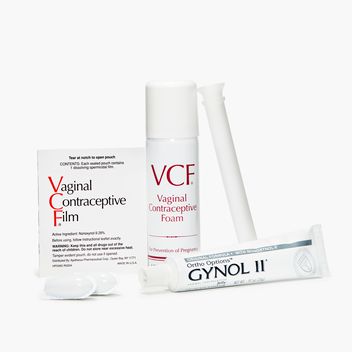 Spermicide
Spermicide
 Sponge
Sponge
 Sterilization
Sterilization
 Vasectomy
Vasectomy
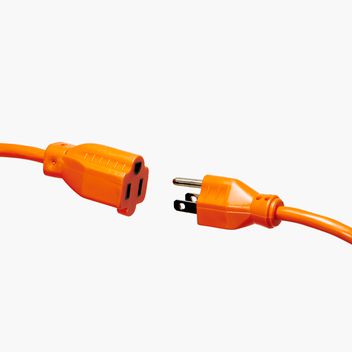 Withdrawal
Withdrawal